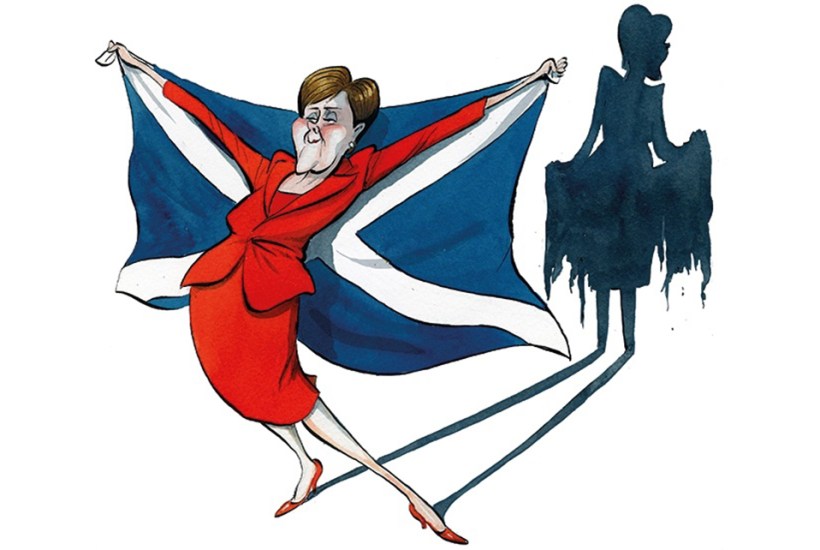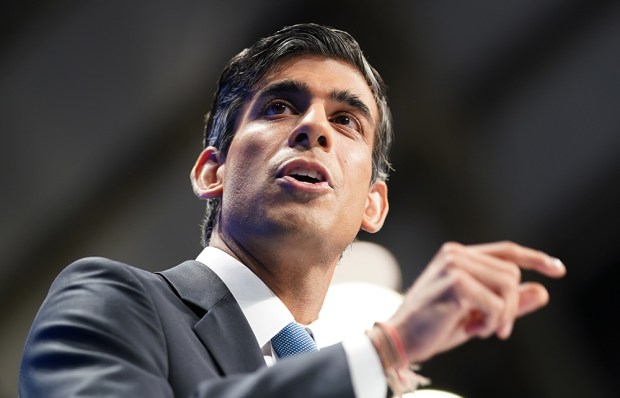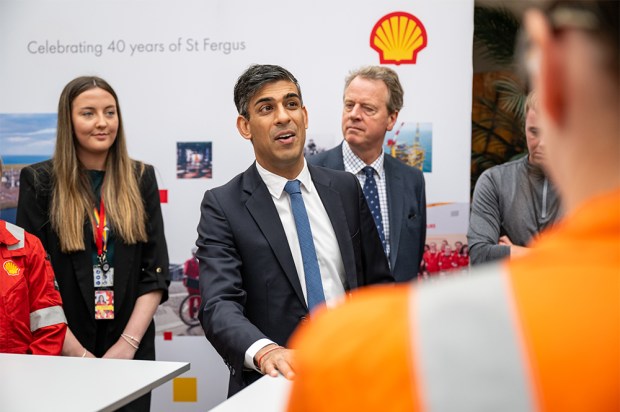Nicola Sturgeon’s resignation as First Minister of Scotland comes at a critical moment for the Union, since the question of Scottish independence has inevitably been tied to the ongoing dilemmas over Brexit. It seems that, over the next week or two, the UK and the EU will announce a potential agreement over the revision of the Northern Ireland Protocol.
Already a subscriber? Log in
Subscribe for just $2 a week
Try a month of The Spectator Australia absolutely free and without commitment. Not only that but – if you choose to continue – you’ll pay just $2 a week for your first year.
- Unlimited access to spectator.com.au and app
- The weekly edition on the Spectator Australia app
- Spectator podcasts and newsletters
- Full access to spectator.co.uk
Or
Unlock this article
You might disagree with half of it, but you’ll enjoy reading all of it. Try your first month for free, then just $2 a week for the remainder of your first year.














Comments
Don't miss out
Join the conversation with other Spectator Australia readers. Subscribe to leave a comment.
SUBSCRIBEAlready a subscriber? Log in